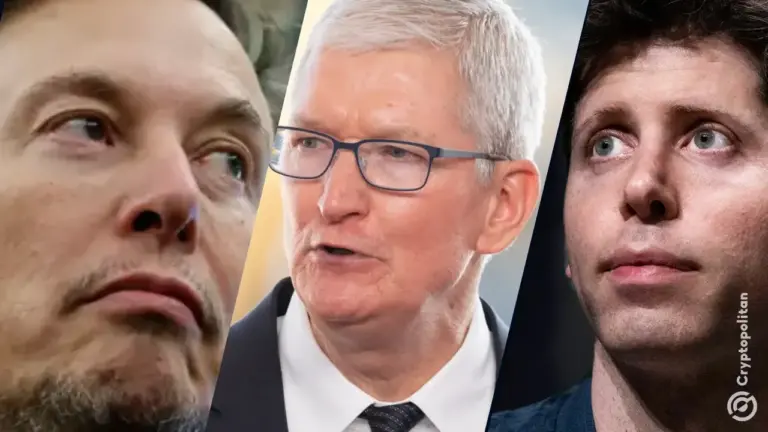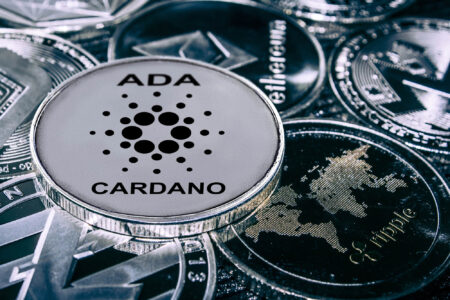Bitcoin Fees Drop to 2011 Levels Amid Network Changes
- Bitcoin transaction fees drop to lowest since 2011.
- Miners face reduced supplementary income.
- Layer-2 solutions may benefit from lower fees.
The Bitcoin network’s daily transaction fees, as measured by Glassnode’s 14-day simple moving average, plummeted to 3.5 BTC in August 2025, levels unseen since 2011.
This fee reduction impacts miner revenue and indicates a shift towards Layer-2 solutions, raising concerns about long-term network security amidst shrinking block rewards.
The Bitcoin network’s transaction fees have hit a significant low, declining to the lowest level since 2011, according to Glassnode data. This adjustment marks a pivotal shift in how the network operates amidst evolving user demands and technological advancements.
Key players impacted by this shift include Bitcoin miners, whose revenue is significantly influenced by these fees. Despite no official statements from leading cryptocurrency figures, industry experts link these changes to migration to Layer-2 solutions.
The drop in transaction fees has immediate effects on miners’ financial dynamics, relying more on block rewards. This may provoke changes in mining strategies as fee income dwindles, raising concerns about network security and miners’ economic stability.
Financial implications extend beyond individual miners, potentially influencing market perceptions of Bitcoin’s role. The current low-fee environment underscores the importance of Layer-2 technologies , which could shift transaction volumes off-chain.
Investor sentiment remains focused on how these changes affect Bitcoin’s overall valuation, with prices currently stable around $110,000. This contrasts past cycles when fee increases paralleled bull market momentum.
Regulatory and technological outcomes could include increased adoption of Layer-2 networks and further decentralization of on-chain processing.
“The decline to 3.5 BTC in daily transaction fees not seen since 2011 raises concerns for miners’ economic sustainability,”analysts at Glassnode highlight.
Historically high fees prompted innovations like SegWit and Lightning Network, which continue to alleviate on-chain congestion.
Disclaimer: The content of this article solely reflects the author's opinion and does not represent the platform in any capacity. This article is not intended to serve as a reference for making investment decisions.
You may also like
Elon Musk takes Apple and OpenAI to court for ganging up on him
Share link:In this post: Elon Musk’s xAI sued Apple and OpenAI for allegedly colluding to block AI competition in smartphones and app rankings. The lawsuit says Apple boosts ChatGPT on its devices while suppressing rivals like xAI’s Grok in the App Store. Sam Altman and OpenAI deny wrongdoing and accuse Elon of harassment and manipulation through X.

Porsche abandons EV battery plans as European carmakers struggle to gain market share
Share link:In this post: Porsche will no longer produce high-performance EV batteries at its Cellforce unit. About 200 of nearly 300 Cellforce jobs will be cut as the unit focuses on research and development. European automakers are struggling to compete with Asia’s dominance in battery production.

Cardano announces comprehensive XRP integration

Galaxy Digital, Multicoin, and Jump Crypto in talks to raise $1 billion for Solana purchases
